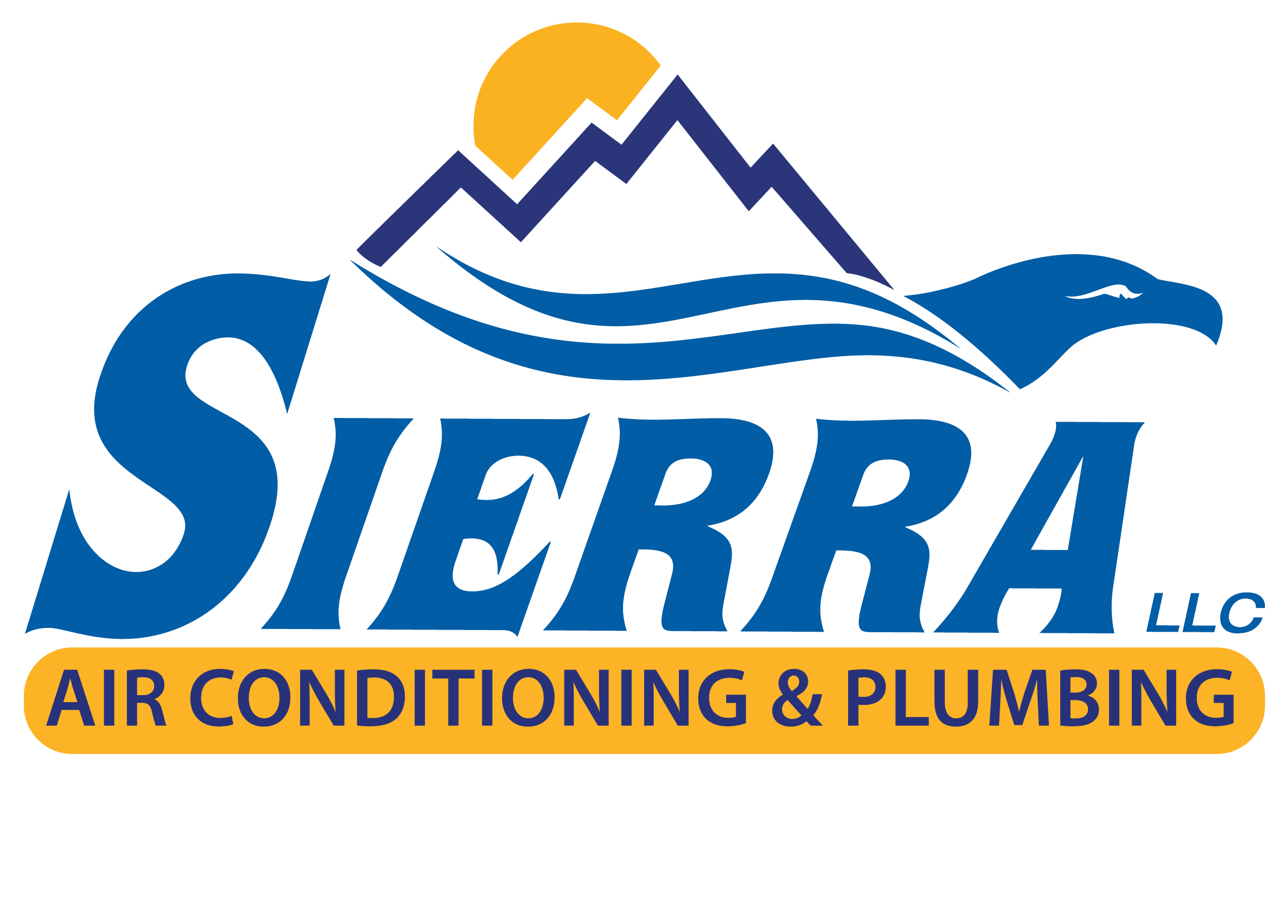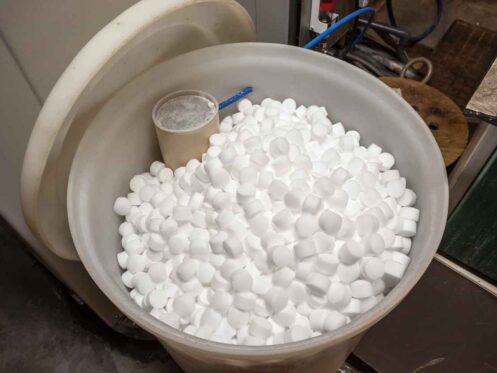A water softener is a vital appliance for homes with hard water, helping to prevent mineral buildup in plumbing, appliances, and fixtures. By removing excess calcium and magnesium from your water supply, it ensures softer water that is gentler on your skin, laundry, and home appliances. Like any household system, proper maintenance is key to keeping your water softener working efficiently and prolonging its lifespan.
In this blog, we’ll cover essential maintenance tasks to keep your water softener functioning properly, along with some tips for spotting issues early.
Why is Water Softener Maintenance Important
Routine maintenance of your water softener ensures it continues to operate efficiently, delivering soft water throughout your home. Without regular upkeep, the system may become less effective, leading to hard water issues like limescale buildup, dry skin, and inefficient appliances.
Proper maintenance can also help you avoid costly repairs or the need to replace the unit prematurely. Here’s how you can maintain your water softener to ensure long-lasting performance.
Check Salt Levels Regularly
Water softeners use salt to regenerate the resin beads that capture minerals from your water. If the salt levels are too low, the system won’t be able to soften the water effectively. It’s important to check the salt level in the brine tank at least once a month and add more salt as needed.
Here’s how to do it:
- Open the brine tank and check the salt level. The salt should be at least half full in the tank.
- If the salt level is low, refill the tank with the appropriate type of salt (such as solar salt or evaporated salt). Avoid using rock salt, as it contains impurities that can clog the system.
- Break up any salt bridges, which are solid masses that form in the tank, preventing proper water softening.
Clean the Brine Tank
Over time, your brine tank can accumulate debris, dirt, and salt residue that can affect the water softener’s efficiency. It’s a good idea to clean the tank once a year or as needed if you notice any buildup.
Here’s how to clean your brine tank:
- Turn off your water softener and disconnect it from the power source.
- Drain the tank and remove any leftover salt.
- Clean the tank with a mixture of water and dish soap, scrubbing away any residue.
- Rinse thoroughly and refill the tank with fresh salt before reconnecting it.
Use High-Quality Salt
The quality of the salt you use in your water softener can affect its performance. Low-quality salt can contain impurities that lead to sludge or buildup in the brine tank. Using high-quality salt, such as solar or evaporated salt pellets, ensures the system runs smoothly and requires less frequent cleaning.
Monitor Water Hardness
Keep an eye on the hardness level of your water. If you notice your water is not as soft as it used to be, or if you’re seeing signs of hard water (such as soap scum, limescale, or dry skin), it may be time to adjust the settings on your water softener or perform a regeneration cycle.
You can test your water hardness using a home water hardness test kit. If the water is harder than expected, increase the frequency of regeneration cycles to maintain optimal water softness.
Clean the Resin Bed
The resin beads in your water softener are responsible for capturing minerals and softening your water. Over time, these beads can become fouled with iron, sediment, and other contaminants, reducing the system’s efficiency.
To clean the resin bed:
- Purchase a resin cleaner designed for water softeners.
- Follow the manufacturer’s instructions to add the cleaner to the brine tank.
- Run a regeneration cycle to flush out any contaminants and restore the resin bed’s effectiveness.
Inspect the System for Leaks
Periodically inspect your water softener for any signs of leaks or wear and tear. Look for water pooling around the system, corrosion on metal components, or cracks in the brine tank. Catching leaks early can prevent more significant issues and costly repairs down the line.
Schedule Professional Maintenance
While many water softener maintenance tasks can be handled by homeowners, it’s a good idea to schedule professional maintenance at least once a year. A technician can thoroughly inspect the system, clean hard-to-reach parts, and make any necessary adjustments to keep the unit running efficiently.
Water Softener Maintenance in Las Vegas
For expert water softener maintenance, repairs, and installation, contact Sierra Air Conditioning & Plumbing today. Our team of professionals is ready to assist with all your water softener needs, ensuring your system operates efficiently and effectively for years to come.





